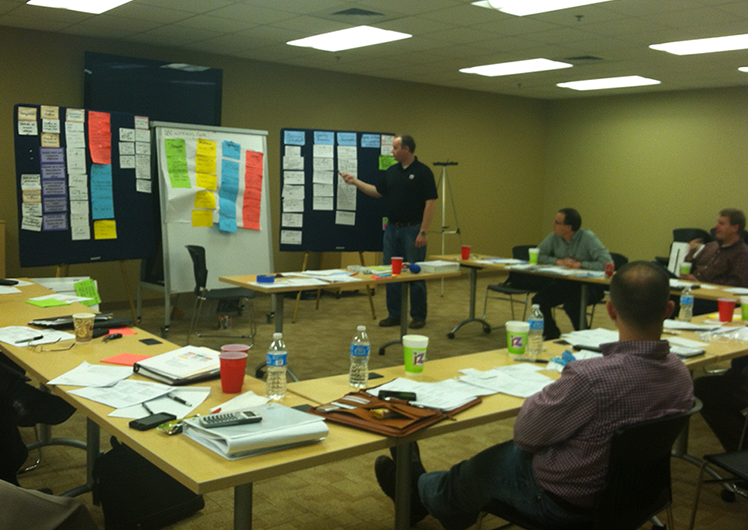Projects that Go “Know Where”
History shows us over and over, leaders have a way of getting things wrong. Yet stronger leaders will see in these errors in judgment a knowledge that lays the groundwork for future expansion and growth.
Take the 1803 effort by Meriwether Lewis and William Clark. Their expedition to find a Northwest Passage – connecting east to west and establishing a U.S. presence in land that other nations had their own sights on – was one of the most important projects in U.S. history. Though this effort had a profound effect on the United States we know today, if we were to use the standards some of today’s executives would apply to projects, the expedition would be considered a complete failure. After all, it took longer than expected, cost more than planned, and failed to meet its primary objective – to discover a waterway that led to the Pacific Ocean.
Learning from Failure
Before Lewis and Clark started their project, they only knew vaguely what lay ahead. They planned carefully, but they couldn’t be expected to know what they would face. With each step, however, they gathered valuable information that accelerated westward expansion and the growth of our country.
I think it is safe to say that most managers and professionals are good at making plans to solve problems. Over time most learn to act with confidence – when they have a clear deliverable and a sense they can control or adapt to the factors that impact success or failure. Sometimes, however, a new way of thinking is needed. When a manager moves up to a higher leadership position, the newly placed leader may continue to apply the same problem solving thinking to predicaments. Predicaments are different than problems. Here’s why.
Some Things Can’t be Solved
Predicament is synonymous with words like plight, quandary, jam or pickle. It is defined as a difficult situation that has no readily discernible resolution or way out, often involving multiple stakeholders. Predicaments can’t be solved. At best a predicament can be influenced toward a more ideal scenario. Similarly, the Lewis and Clark expedition, which at first appeared to be solving a problem, instead became something with strategic significant. A voyage of discovery, which ultimately lighted a path so others could “know where” their best step might be in an uncharted world.
Journal Entry: Are you facing a predicament such as motivating a diverse staff to excellence, reorganizing your company’s reporting structure, coaching a technical genius to become a leader, helping a senior partner move on to a next phase in life, raising children to be their best or making a marriage work? If you apply the Lewis and Clark approach to project management, you just might be lucky enough to go “know where” in your leadership and life.
Whenever you see a successful business, someone once made a courageous decision. – Peter F. Drucker
All business proceeds on beliefs, or judgments or probabilities, and not on certainties. – Charles W. Eliot
If you are deliberately trying to create a future that feels safe, you will willfully ignore the future that is likely. – Seth Godin
Women who carry a few extra pounds seem to live a lot longer than the men who mentioned it. – A husband who is not sleeping on the couch



